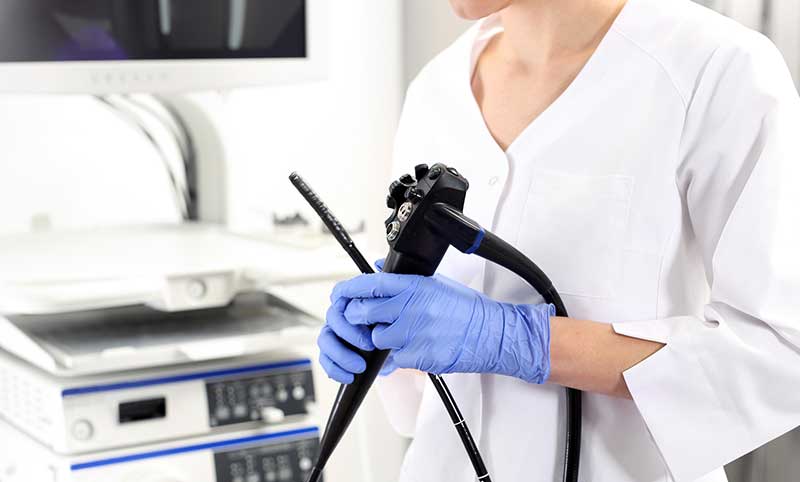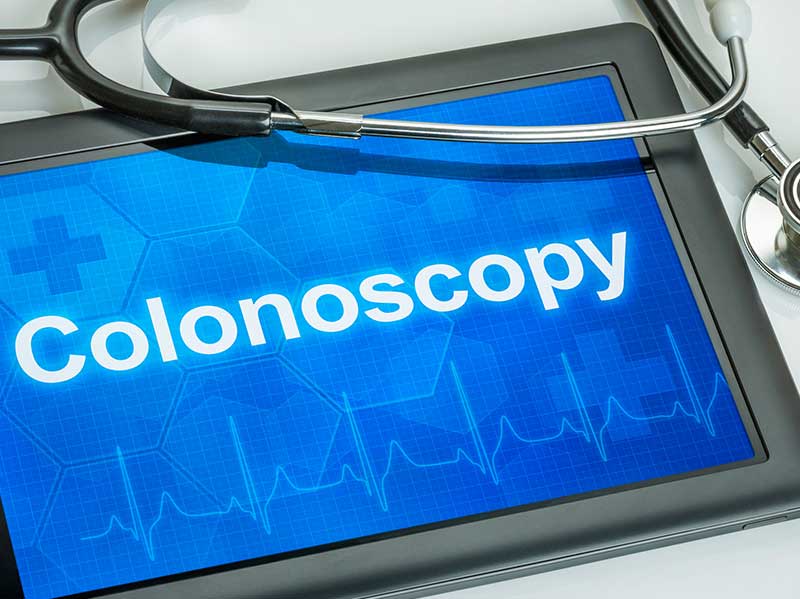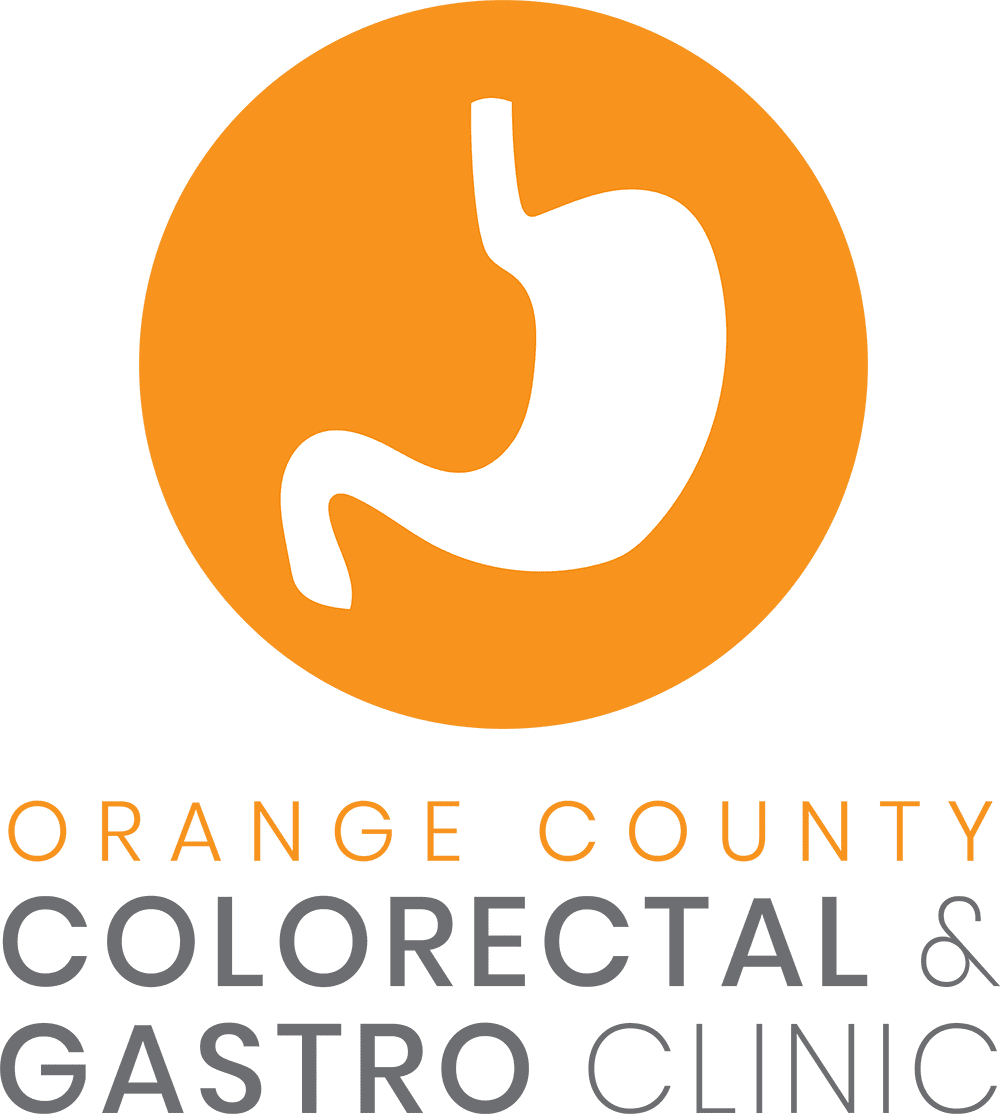

There are several different colon cancer screenings that can help you detect this form of cancer while it’s still in the early stages.
The colon is an important part of the digestive tract that’s also known as the large intestine. As is the case with practically any area of the body, it’s possible for cancer cells to develop within the colon, which can be very harmful to your health if not caught early on.
What Is Colon Cancer?
Colon cancer occurs when cancer cells develop within the colon, which is the final portion of the digestive tract. While this cancer can occur at practically any age, it’s commonly seen in older individuals. This cancer will typically start as small polyps that aren’t actually cancerous. However, some of these polyps may eventually turn into cancer. It’s possible for a colon cancer screening to identify polyps within the large intestine, which means that the polyps could be removed before cancer has even developed.


In the event that colon cancer actually occurs before a screening has caught the polyps, there are many effective treatment methods that can be used to control the cancer and stop it from spreading. Keep in mind that this cancer can also form within the rectum. The many different signs and symptoms that indicate you might be suffering from colon cancer include lasting changes in bowel habits, fatigue, weight loss that you can’t explain, rectal bleeding, and persistent discomfort in the abdomen.
Some of the many risk factors that can heighten a person’s chances of developing colon cancer include having a family history of this cancer, maintaining a diet that’s low in fiber and high in fat, leading a sedentary lifestyle, suffering from diabetes, smoking on a regular basis, and suffering from such inflammatory intestinal conditions as Crohn’s disease.
Available Screening Tests
There are a variety of different methods that can be used to screen for colon cancer, all of which have proven to be very effective. For instance, you could be provided with a stool test, which searches for blood in the stool. While the presence of blood doesn’t always mean that colon cancer is present, it does make it more likely. You could also be provided with a sigmoidoscopy, which is a test that uses a flexible scope to look at the lower portion of your colon. This screening will oftentimes be used once you’ve been provided with a stool test. While a sigmoidoscopy is effective, it’s unable to identify cancer in the higher areas of the colon.
Another common screening used for colon cancer is a colonoscopy, which is able to view the entire colon. The bowel will need to be cleansed before this screening can be administered. Since the entirety of the colon is able to be viewed with a colonoscopy, this test is considered to be the most effective. It’s recommended that you obtain a colonoscopy or similar type of screening every 5-10 years to make sure that you don’t have this type of cancer.


